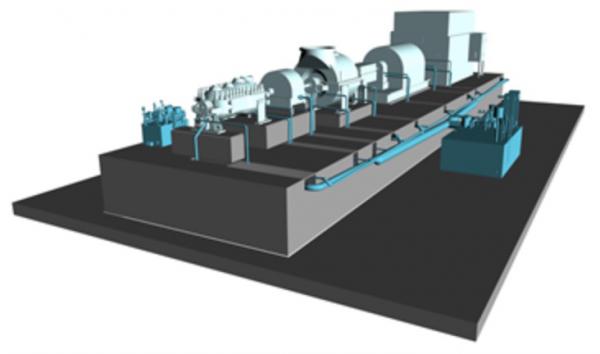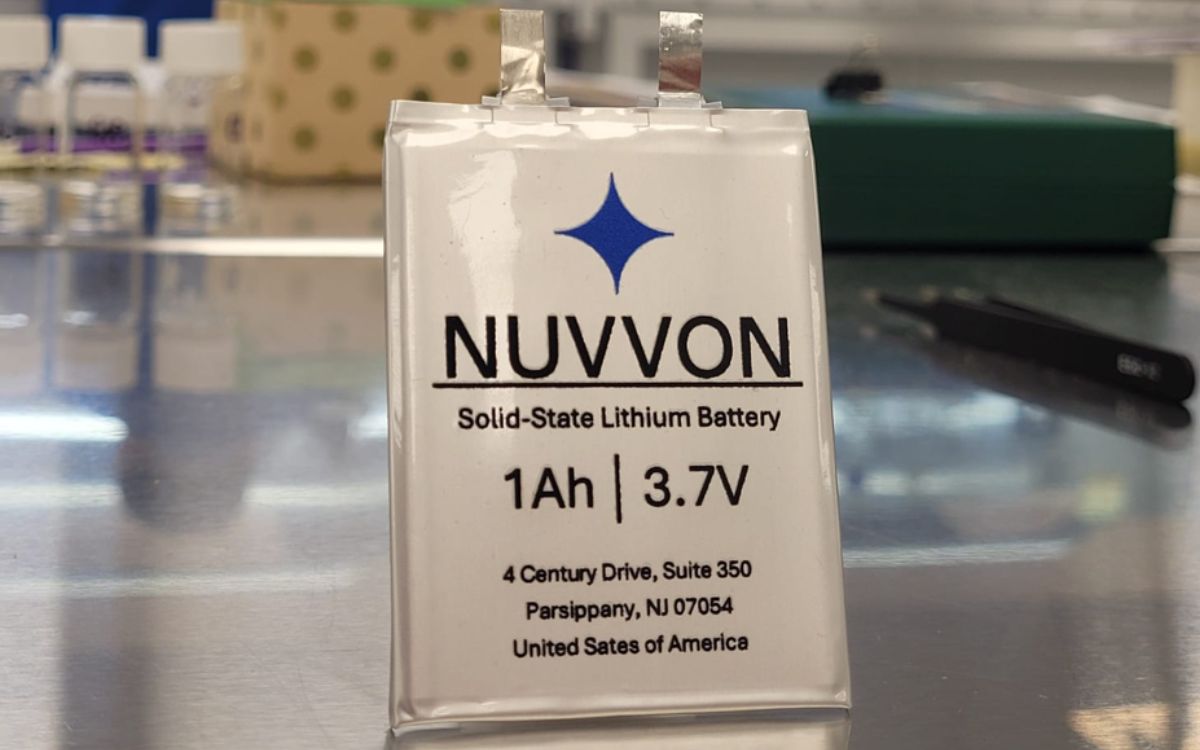A raft of alternative energy storage technologies is making headway in the long-duration energy storage system (ESS) market.
Cold air storage
A 50MW liquid-air energy storage (LAES) system, with a minimum of 250MWh, is under construction in Manchester, UK.
Highview Power, an energy storage company, will operate the facility in partnership with Carlton Power, a UK independent power station developer.
MAN Energy Solutions will provide their LAES turbomachinery solution for the CRYOBattery plant, which will be one of the largest battery energy storage systems in Europe.
The facility will provide long-duration energy storage, and will facilitate grid services by helping to integrate renewables and stabilise the regional grid.
Phase one of construction will involve installation of a ‘stability island’ using a generator and flywheel to offer energy-grid stabilisation.
Short-term stabilisation will provide the basis for phase two and the installation of the liquid air ESS comprised of compressors, expanders and cryogenic equipment.
These allow the air to be cleaned, dried refrigerated, compressed and expanded in stages until it liquefies and can be stored. Phase two enables the integration of stability services with a full-scale, long-duration ESS using renewable energy.
The facility is due to begin commercial operations in 2022.
Heavy weights
Scottish innovator Gravitricity has successfully tested a 250kW demonstrator rig using two 25-tonne weights.
Their gravity-powered ‘battery’ works by raising heavy weights in a deep shaft when there is excess renewable energy available, and lowering them when energy is needed.
The £1million ($1.38million), 12-metre-high test rig was funded by Innovate UK and delivered in tandem with controls specialist ISC and industrial partners, Dutch winch manufacturer Huisman.
The demonstrator has been built above ground at Port Leith, Scotland.
Future projects intend to use decommissioned mine shafts, where possible, or purpose-sunk shafts.
With a life expectancy of more than 25 years the storage technology offers an alternative to batteries, with no cycle limit or degradation over time.
The power output can vary dependent on demand and go from zero to full power in less than one second.
The company is in discussion with mine owners in the UK, Czech Republic, Finland, Poland and South Africa.
Hot rocks
Following investment of $12million by Danish Power and fibre-optic group Andel, Stiesdal Storage Technologies is preparing to deploy its grid-scale thermal technology.
The pumped-heat ESS uses pea-sized crushed basalt, rock in insulated steel tanks with the stored energy released by turbine.
SST CEO Peder Riis Nickelsen said: “The cost of crushed stone is at a totally different level per unit of energy than practically any other material for energy storage. Our charging and discharging system can utilise well-known technologies that have been applied for a century within other industries and are well-suited for mass production.”
The cost of materials is estimated to be €10 ($12) per kWh.
The first demonstration project, a 1-2MW, 24h capacity unit, will be installed at a power plant in Denmark next year, and will operate commercially.












